Tips For Better Life.









Tips for better life.
Worth to save.
More Posts from Tonimichelleluttrell and Others






5 Reasons Why Depression is Getting More Common

According to the World Health Organization (2019), depression is defined as a mental disorder that results in a lasting sadness, loss of interest in activities that usually bring joy, alongside the lack of motivation to perform daily tasks. It is also often linked with suicide and anxiety disorders. It is also stated that “an estimate of more than 300 million people of all ages suffer from depression, and is the leading cause of disability worldwide” (World Health Organization 2019). Welch (2017) reports that there has been a 4.5% increase in adolescents’ reports of having symptoms of depression. In this article, I will be sharing 5 reasons why depression is getting more common in our society.
1. Genetics
An article by Faris (2016) states that a person who has family members that have suffered from depression are also likely to develop it. Although environmental factors play a part in the risks of developing depression, genetics could also be a possibility. Do you know of any family members that have depression? If so, it could be linked to genetics as well as other factors of influence.
2. Prevalence of Mental Health Awareness
In the society we live in today, mental health awareness is becoming increasingly prevalent. Comparing to 20 years ago, the topic of mental health could still be more stigmatized. By having more awareness on mental disorders such as depression, people…………………………
Continue Reading Here
How to Heal Yourself With Writing
If you are going through an overwhelmingly difficult time we encourage you to write. Both your immune system and mental health will better. Let us explain the psychology as to why writing is healing.
Keep reading

Scientists discover schizophrenia gene roles in brain development
A USC research team identified 150 proteins affecting cell activity and brain development that contribute to mental disorders, including schizophrenia, bipolar condition and depression.
It’s the first time these molecules, which are associated with the disrupted-in-schizophrenia 1 (DISC1) protein linked to mental disorders, have been identified. The scientists developed new tools involving stem cells to determine chemical reactions the proteins use to influence cell functions and nerve growth in people.
“This moves science closer to opportunities for treatment for serious mental illness,” said Marcelo P. Coba, the study author and professor of psychiatry at the Zilkha Neurogenetic Institute at the Keck School of Medicine of USC.
The findings appear in Biological Psychiatry.
Schizophrenia affects less than 1 percent of the U.S. population, but has an outsized impact on disability, suicide and premature deaths.
The DISC1 gene was linked to schizophrenia nearly 20 years ago. It controls how nerve cells called neurons develop, as well as how the brain matures. DISC1 also directs a network of signals across cells that can contribute to the disease. Scientists say errors in these chemical reactions contribute to schizophrenia.
But the identity of proteins that DISC1 can regulate is poorly understood, prompting the USC researchers and colleagues from the State University of New York Downstate Medical Center to undertake the research. The challenge was to simulate conditions inside the human brain, Coba explained.
Using stem cells, they conducted assays resembling habitat where DISC1 does its work. They then used gene editing to insert a molecular tag on DISC1, allowing them to extract it from brain cells and identify the proteins with which it associates.
Identifying the proteins that interact with DISC1 in brain cells could lead to understanding how the risk factors for psychiatric diseases are connected to specific molecular functions, Coba explained. The discovery enables researchers to determine specific processes that differ in patients suffering from specific mental illnesses.
“This gives researchers specific trails to follow within cells from both healthy patients and those diagnosed with disorders,” Coba said.
Schizophrenia research
Schizophrenia is one of the top 15 leading causes of disability worldwide. People with schizophrenia live an average of nearly 29 years less than those without the disorder, according to the National Institutes of Mental Health (NIMH).
The illness is often accompanied by conditions such as heart disease and diabetes, which contribute to the high premature mortality rate among people with schizophrenia. About 5 percent of people with schizophrenia die by suicide, a rate far greater than the general population, with the highest risk in the early stages of illness, according to the NIMH.
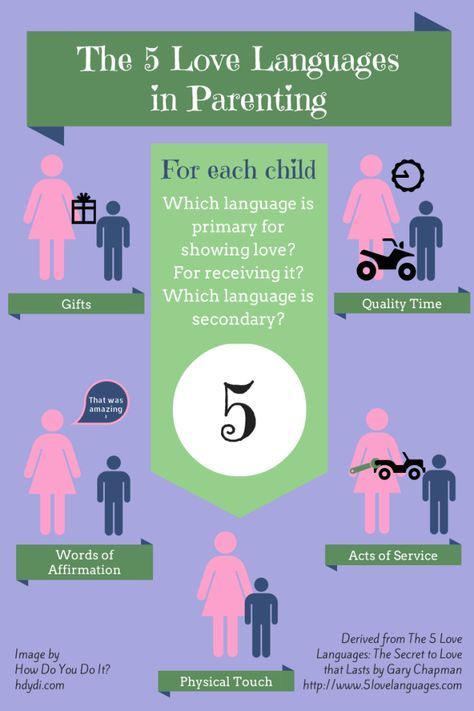
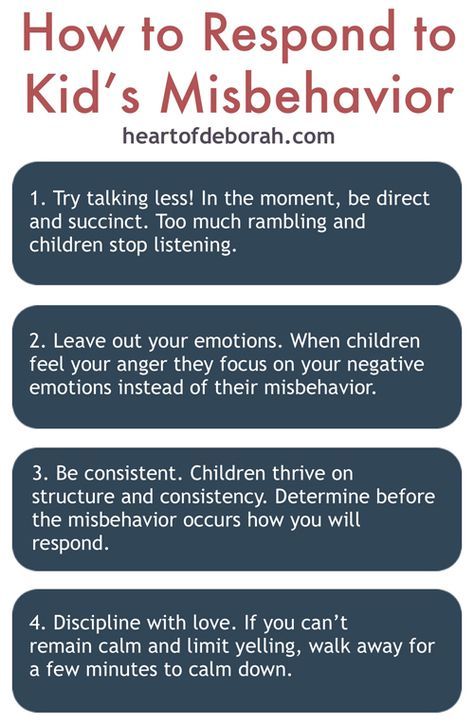


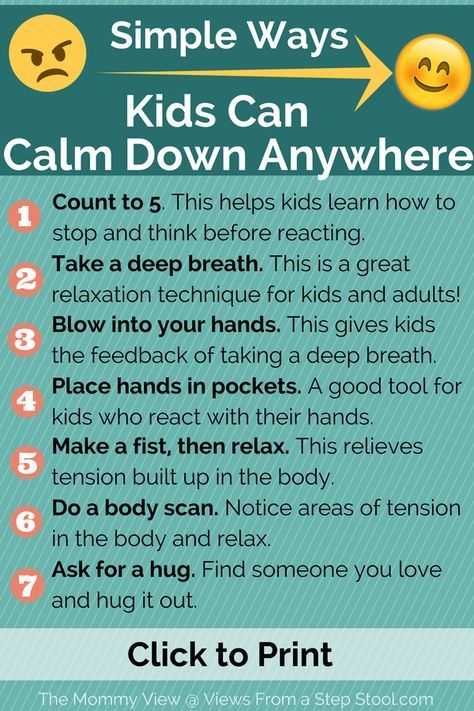

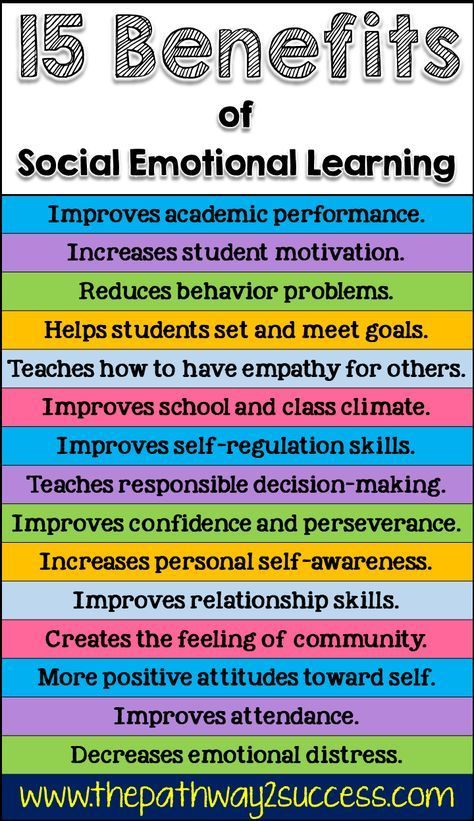



Incredibly Helpful Charts For New Parents
Most of the loud, articulate and visible people in the mental illness related communities are people who could, admittedly with outdated terminology, be considered "high functioning."
This makes sense, considering that it takes a certain level of ability and energy to get properly involved in activism of any kind. But here's a reminder not to forget and exclude the rest of us.
Don't forget about the people with cognitive impairments and intellectual disabilities and learning difficulties and don't alienate them by insisting that "just because we're mentally ill doesn't mean we're not intelligent."
Don't forget about the people in institutions like group homes and psych wards and don't alienate them by talking about how "mental illness doesn't mean you have to be locked up in an institution."
Don't forget about the people who are unemployed and/or uneducated and are forced to rely economically on welfare or their loved ones and don't alienate them by saying things like "mental illness should not affect your ability to provide for yourself."
Don't forget about all the people with chronic illnesses and all the people who are treatment resistant and don't alienate them by saying that a full recovery is always inevitable and realistic.
Don't forget about the people who are visibly mentally ill and who can't ever pass as neurotypical and don't alienate them by saying things like "mentally ill people are always just like everyone else."
Every mentally ill person struggles in different ways and I don't mean to invalidate anyone, but I am tired of seeing the more functional people throw less functional people under the bus in the name of activism and reducing stigma.
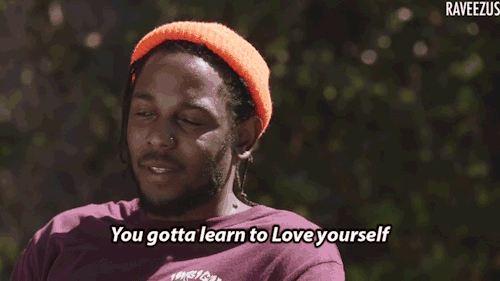
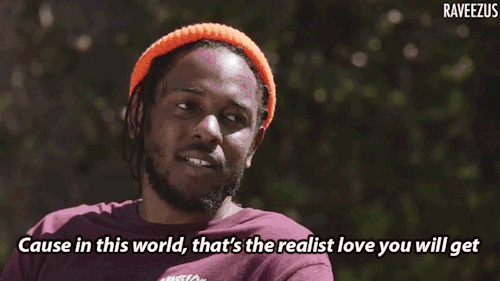
No Love like Self Love.
“Wanting to be someone else is a waste of the person you are.”
— Kurt Cobain (via goodreadss)

Habits - 10/07/17 12:29am
"In order to move on, you must understand how you felt, and why you felt it." Mitch Albom

-
 lowkeymover liked this · 5 years ago
lowkeymover liked this · 5 years ago -
 daddysgurlxxxxxx liked this · 5 years ago
daddysgurlxxxxxx liked this · 5 years ago -
 linkajason liked this · 5 years ago
linkajason liked this · 5 years ago -
 woody2020 liked this · 5 years ago
woody2020 liked this · 5 years ago -
 snuggie-thuggi liked this · 5 years ago
snuggie-thuggi liked this · 5 years ago -
 princessallmate reblogged this · 5 years ago
princessallmate reblogged this · 5 years ago -
 miamor2112 reblogged this · 5 years ago
miamor2112 reblogged this · 5 years ago -
 micheleashlee20 reblogged this · 5 years ago
micheleashlee20 reblogged this · 5 years ago -
 amandadesantasworld liked this · 5 years ago
amandadesantasworld liked this · 5 years ago -
 fka-loss liked this · 5 years ago
fka-loss liked this · 5 years ago -
 greyladeesloves liked this · 5 years ago
greyladeesloves liked this · 5 years ago -
 xlucik liked this · 5 years ago
xlucik liked this · 5 years ago -
 dfgeddc liked this · 6 years ago
dfgeddc liked this · 6 years ago -
 meii1i liked this · 6 years ago
meii1i liked this · 6 years ago -
 cloudair liked this · 6 years ago
cloudair liked this · 6 years ago -
 superfluffymuffin reblogged this · 6 years ago
superfluffymuffin reblogged this · 6 years ago -
 superfluffymuffin liked this · 6 years ago
superfluffymuffin liked this · 6 years ago -
 binauralbeatings liked this · 6 years ago
binauralbeatings liked this · 6 years ago -
 officiallyevanboss reblogged this · 6 years ago
officiallyevanboss reblogged this · 6 years ago -
 himzelli liked this · 6 years ago
himzelli liked this · 6 years ago -
 murtadha93 liked this · 6 years ago
murtadha93 liked this · 6 years ago -
 undrlinelove liked this · 6 years ago
undrlinelove liked this · 6 years ago -
 undrlinelove reblogged this · 6 years ago
undrlinelove reblogged this · 6 years ago -
 batmanolsamolurmu liked this · 6 years ago
batmanolsamolurmu liked this · 6 years ago -
 pilotjoneslocker reblogged this · 6 years ago
pilotjoneslocker reblogged this · 6 years ago -
 noirfilth liked this · 6 years ago
noirfilth liked this · 6 years ago -
 buttarfli-blog liked this · 6 years ago
buttarfli-blog liked this · 6 years ago -
 goddessroyaltysha reblogged this · 6 years ago
goddessroyaltysha reblogged this · 6 years ago -
 kmicole1 liked this · 6 years ago
kmicole1 liked this · 6 years ago -
 kmicole1 reblogged this · 6 years ago
kmicole1 reblogged this · 6 years ago -
 lostgalaxies reblogged this · 6 years ago
lostgalaxies reblogged this · 6 years ago -
 custommade1979 reblogged this · 6 years ago
custommade1979 reblogged this · 6 years ago -
 hintofnordic liked this · 6 years ago
hintofnordic liked this · 6 years ago -
 boughtwood liked this · 6 years ago
boughtwood liked this · 6 years ago -
 joyjoyyyyyy-blog liked this · 6 years ago
joyjoyyyyyy-blog liked this · 6 years ago -
 espresso-n-anal liked this · 6 years ago
espresso-n-anal liked this · 6 years ago -
 successordeath reblogged this · 6 years ago
successordeath reblogged this · 6 years ago
